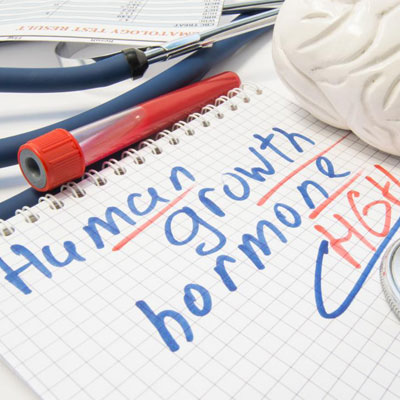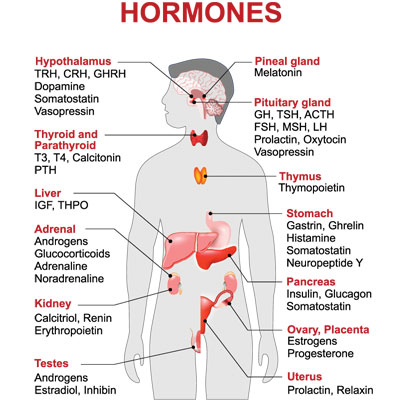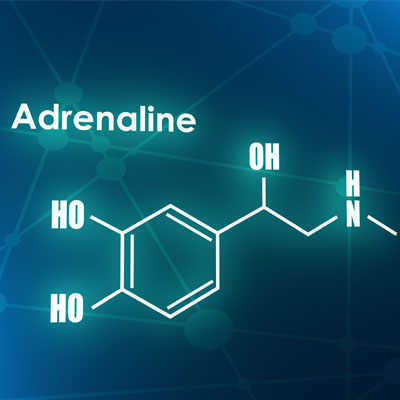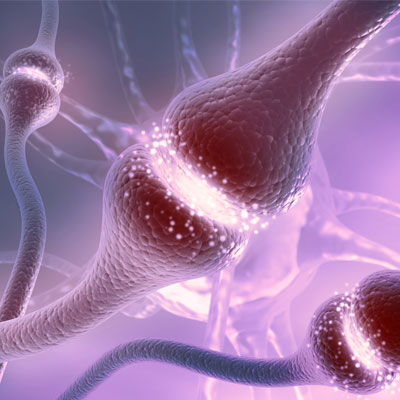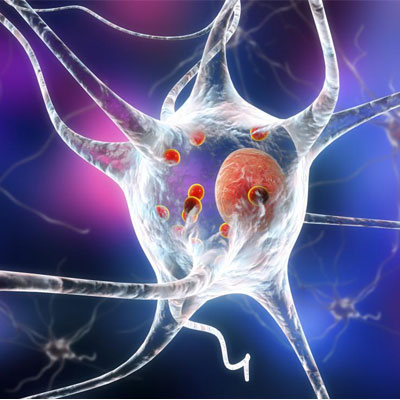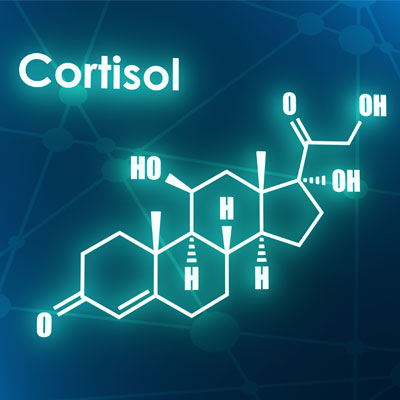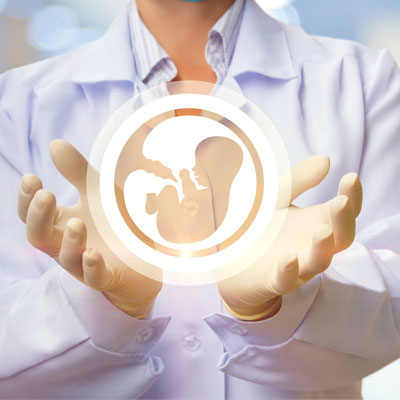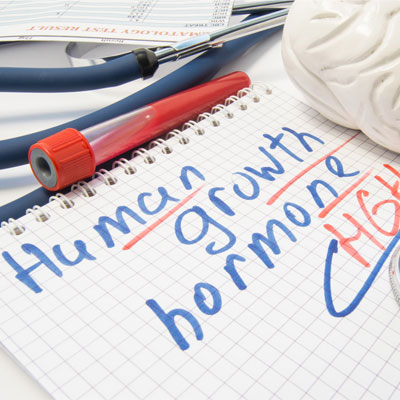Contents
- Different Types of Steroids
- What Is Steroid Medication Used For?
- What Are Other Health Effects of Anabolic Steroids?
- Why do people mistake HGH for a steroid?
- Why is growth hormone a steroid hormone in the minds of some bodybuilders and athletes?
- How Does HGH Differ from a Steroid?
- How Are the Properties of HGH Like a Steroid?
A steroid can mean two different things:
a) an androgen hormone;
b) a synthetic drug that resembles the quality of a steroid hormone.
Steroid hormones begin life as a substance called Trusted sourceCholesterolMedline PlusGo to sourcecholesterol . In a series of chemical reactions, cholesterol undergoes conversion into a series of hormones that fall under the classification of steroids. These chemical changes take place mainly in the adrenal cortex and the sex glands (ovaries and testes).
Trusted sourceSteroid hormoneEncyclopedia BritannicaGo to sourceSteroid hormones are fat-based, so they are not water-soluble. To travel through the bloodstream, which is water-based, steroid hormones must bind to a transport protein. Upon binding with a targeted receptor cell, steroid hormones initiate protein production in the cell.
Synthetic steroids are medications used to treat a variety of symptoms. They are, however, often used illegally to build muscle and strength. Some people use steroids for anti-aging purposes.
When steroids are used illegally, they increase hormone levels in the body higher than normal. That can cause severe and potentially dangerous side effects, including:
- High blood pressure
- Impulsive or risky behaviors
- Depression
- Hallucinations
- Testicular atrophy (shrinkage)
- Infertility
- Heart disease
- Stroke
- Diabetes
- Abnormal or impaired liver function
- High cholesterol
- Worsening of sleep apnea
- Changes in emotional state – aggression, irritability, mood swings
- Water retention and electrolyte imbalance
Different Types of Steroids
The adrenal cortex (adrenal glands) produce the following hormones:
- Glucocorticoids – cortisol
- Mineralocorticoids – aldosterone
The sex glands produce the following steroid hormones:
- Androgens – testosterone, androstenedione, dehydroepiandrosterone (DHEA), dihydrotestosterone (DHT)
- Estrogens – estradiol, estrone, estriol
- Progestogen – progesterone
- Secosteroids – calcitriol, calcidiol
What Is Steroid Medication Used For?
Steroid medications have very important roles in medical healing.
There are two types of steroid medications: Trusted sourceWhat are anabolic steroids?National Institute on Drug AbuseGo to sourceanabolic steroids and Trusted sourceWhat are corticosteroids?Medicine NetGo to sourcecorticosteroids .
The most commonly associated steroid is testosterone, an androgen hormone produced by the testes, ovaries, and adrenal glands. Supplemental testosterone is an anabolic medication that increases testosterone levels in the bodies of individuals who do not produce enough of that hormone.
Corticosteroids are extremely useful for the treatment of inflammation. Cortisone or hydrocortisone are well-known types of corticosteroids. Their chemical similarity is to cortisol, also known as the body’s stress hormone. However, corticosteroids are essential for many medical conditions.
The medicinal use of anabolic steroids is often seen with teenagers who are lagging behind their peers in growth or puberty. Other uses of anabolic steroids such as testosterone include the treatment of Low T in men and women, as well as people who suffer from certain disease that can impact muscle mass.
Estrogens and progestins are used for birth control and menopausal treatment. Progesterone is often helpful for pregnancy. During menopause, a woman’s ovaries cease the production of progesterone, estrogen, and testosterone. What little comes from other parts of the body, such as the adrenal glands and brain is often not enough. Supplemental hormone replacement therapy can be extremely therapeutic. Because growth hormone levels are typically very low at this time, treatment with HGH therapy often helps improve menopause symptoms without estrogen use.
Anabolic steroids have an entirely different use – one that is illegal. Because the traditional “male sex hormones” are androgens, anabolic steroid use brings about effects similar to what you would get with natural testosterone and dihydrotestosterone. They are promoters of protein synthesis, a process that increases lean muscle production. In turn, many users of anabolic steroids see an increase in stamina, strength, speed, and physical ability.
Anabolic steroids, as with human growth hormone, are banned in professional sports associations. They are considered performance-enhancing medications. HGH, although not a steroid hormone, has certain anabolic characteristics, which is why it is often “lumped” in this group.
What Are Other Health Effects of Anabolic Steroids?
Anabolic steroids, as with HGH, do have important health benefits. Testosterone and HGH also help maintain healthy cholesterol, triglyceride, and blood pressure levels. The long-lasting benefit here is better heart function and cardiac output. Additionally, both hormones aid in the process of glucose uptake and insulin regulation to reduce the risk of osteoporosis.
Another critical aspect of these hormones goes deep than the muscles, all the way down to the skeletal structure of the body. Testosterone and HGH are crucial for maintaining and preserving bone mineral density to reduce osteoporosis development.
Since HGH and testosterone influence the body’s metabolism, this allows for the better processing of food into the vital energy that the body requires.
Why do people mistake HGH for a steroid?
Some of the properties of human growth hormone can seem anabolic in nature. Testosterone is an anabolic steroid. It can increase lean muscle mass, strength, stamina, and energy. HGH also has those benefits, but only for people who are growth hormone deficient. The difference is that testosterone can increase those benefits for everyone – even people who still have normal T levels.
Why is growth hormone a steroid hormone in the minds of some bodybuilders and athletes?
They believe HGH to have the same properties as steroid hormones such as testosterone because they have heard about its benefits for those with GH deficiency. If HGH can increase lean muscle and reduce fat mass in those cases, they believe it can work for them. However, although they might see some benefits, it is often because they are also using testosterone.
Numerous studies have already disputed any benefits of HGH for healthy adults. The only difference would be the ability of HGH to improve recovery and healing from injury. Human growth hormone is the body’s stimulator of cell regeneration. It does this in connection with insulin growth factor 1, which HGH signals the liver to produce. Any injury requires an influx of various cells to speed up the healing process. Because athletes often need extensive recovery time and therapy to strengthen their muscles, the thought is that HGH can reduce muscle loss and speed the healing process. That subject is under study at the University of Michigan and funded by Mark Cuban, owner of the Dallas Mavericks.
How Does HGH Differ from a Steroid?
The HGH steroids difference begins with the basic makeup of these two chemicals. Testosterone is an anabolic steroid hormone produced in the male testes and female ovaries. HGH is a peptide hormone secreted by the anterior pituitary gland.
The role of HGH in muscle mass is more of a maintenance position rather than that of growth. With testosterone, you have a hormone that will help develop large muscles, and that function is enhanced by exercise. HGH, on the other hand, will help improve muscle tone rather than significantly increase muscle size.
Another difference between HGH and steroids is in the Trusted sourceSide Effects of HGH: What You Should KnowHealthineGo to sourceside effects of abuse or overuse . Testosterone has many more side effects than HGH, although both hormones are exceedingly safe to use to treat deficiencies. As long as the treatment is prescribed and supervised by an experienced hormone specialist, there should be no problems. Blood analysis is required, as is a physical examination before receiving hormone replacement therapy.
People who ask is HGH a steroid often do so for illegal use. Although steroids and testosterone are basically one in the same, it is the intent behind the use that differs. Someone using “steroids” is doing so illegally whereas a person taking testosterone therapy is medically replenishing a deficiency.
HGH also has immune boosting properties that you will not find with steroid hormones.
How Are the Properties of HGH Like a Steroid?
When asking in what way is HGH a steroid hormone, or like one in action, the answer has to do with the word growth. Both anabolic hormones and HGH stimulate growth – just in a different way. HGH promotes cellular growth for tissue maintenance. Steroids increase muscular growth.
Both testosterone and HGH will aid in metabolism, helping burn fat for weight loss. They can each decrease total fat mass while improving lean body mass (muscle). Just remember, with HGH it is about enhancing lean muscle mass not increasing muscle size.
When asking is HGH a steroid because of its ability to stimulate brain functions and mood, again it is because both hormones have receptor cells located in the brain. You will get cognitive and emotional benefits based on the symptoms you have of the targeted deficiency.
A final look at testosterone and HGH focuses on sexual functions. Both hormones are necessary for proper sexual desire, arousal, and performance. Since HGH helps stimulate testosterone production, you can get an extra boost from human growth hormone therapy.
For additional information or to ask about hormone testing, contact our hormone clinic for a confidential consultation at no charge.
- Dorna Davani-Davari, PharmD, Iman Karimzadeh, PhD, Hossein Khalili, PharmD
- Thord Rosen, Christer Ehrnborg
- Gerhard P. Baumann, MD
The potential effects of anabolic-androgenic steroids and growth hormone as commonly used sport supplements on the kidney: a systematic review
The psychology behind doping in sport
Growth Hormone Doping in Sports: A Critical Review of Use and Detection Strategies

